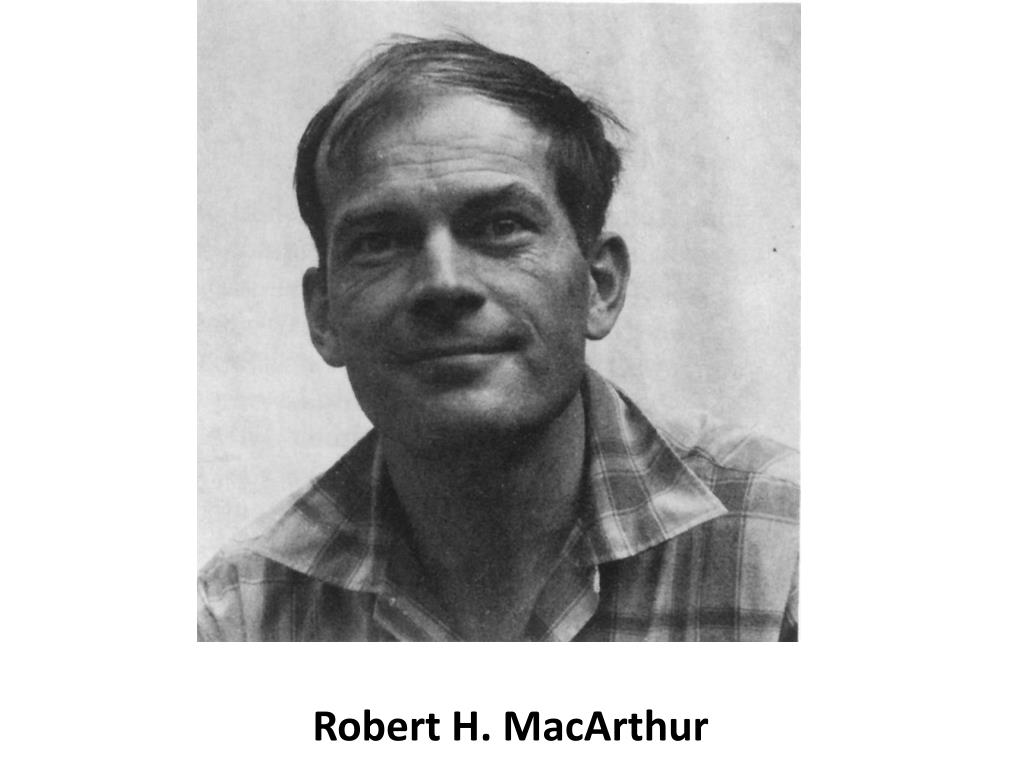MacArthur completed his undergraduate research studies at Swarthmore College in Pennsylvania before earning his Ph.D. in zoology from Yale University in 1955. It was during his opportunity at Yale that he became curious in examining bird populations on islands, which inevitably came to be the focus of his analysis.
One of MacArthur's very most remarkable contributions to conservation is his theory of island biogeography. In cooperation with biologist Edward O. Wilson, MacArthur built a algebraic version to clarify how species richness is affected through environment dimension and isolation. The idea recommends that bigger islands with reduced levels of solitude are much more likely to assist a higher variety of species.
The concept of isle biogeography has had far-reaching effects for preservation initiatives, as it offers understandings in to how environment fragmentation can lead to biodiversity loss. Did you see this? of preserving sizable and connected habitats to keep healthy and balanced ecosystems.
In add-on to his job on island biogeography, MacArthur made significant additions to our understanding of specific niche differentiation and information partitioning among coexisting species. He proposed that identical species can easily exist together by utilizing various sources within their discussed habitat.
MacArthur's pioneering research study on warblers in North America shows this principle. He found that various warbler species use various components of trees for foraging, enabling them to exist side-by-side without completing directly for information. This revelation tested the dominating opinion that similar species can easilynot coincide within the exact same environmental particular niche.
Throughout his occupation, MacArthur carried out considerable fieldwork across different communities around the world. His research studies took him from exotic rainforests to frozen expanse, where he examined the detailed connections between species and their environment. His ability to combine industry observations along with algebraic models specified him apart as a leading amount in environmental research study.
MacArthur's contributions to conservation were not limited to his medical research study. He was additionally a dedicated educator, inspiring numerous trainees and coworkers along with his excitement for the natural world. He instructed at Princeton University from 1960 till his unforeseen death in 1972 at the grow older of 42.

Despite his short occupation, MacArthur left a enduring effect on the field of conservation. His job continues to mold our understanding of species communications, neighborhood characteristics, and conservation biology. His tips have paved the way for further analysis and have influenced numerous ecologists who complied with in his tracks.
In awareness of his additions, MacArthur gotten many awards during the course of his lifetime, consisting of the Eminent Ecologist Award coming from the Ecological Society of America in 1973. Also, the MacArthur Fellowship, additionally recognized as the "Genius Grant," was set up through the John D. and Catherine T. MacArthur Foundation in honor of Robert MacArthur's pioneering job.
Today, Robert MacArthur's tradition lives on by means of his groundbreaking